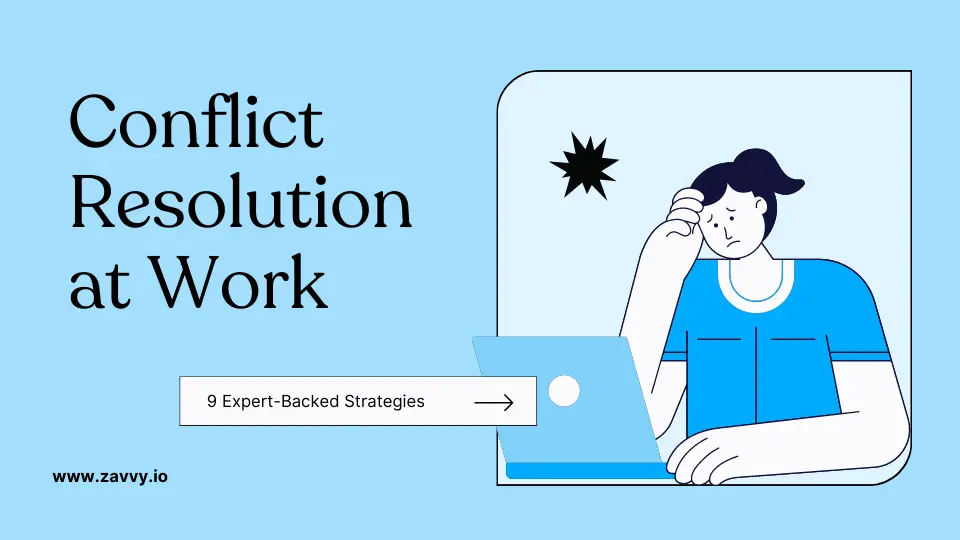In today’s fast-paced and competitive world, conflict is an unavoidable part of our lives, especially in the workplace. Whether it’s disagreements with colleagues or misunderstandings with clients, conflicts can arise for various reasons and have the potential to escalate if not managed effectively. As someone who has experienced my fair share of conflicts at work, I have come to understand the importance of conflict management and the value it brings to the overall harmony and productivity of any organization.
When I first started my job, I believed that conflict was something to be avoided at all costs. I thought that conflicts would only hinder progress and create a toxic work environment. However, as time went on and I gained more experience, I realized that conflicts, when handled properly, can actually lead to better outcomes and stronger relationships.
One of the most significant lessons I’ve learned is that conflict in the workplace is often rooted in miscommunication or differing perspectives. Humans are complex beings with their own unique perspectives, experiences, and opinions. It’s only natural that we might clash from time to time. However, instead of viewing conflicts as a negative aspect, I started seeing them as opportunities for growth and understanding.
To effectively manage conflicts, it’s crucial to approach them with an open mind and a willingness to listen and understand. Active listening is a key component in conflict resolution. Taking the time to hear and acknowledge the concerns and perspectives of others can go a long way in deescalating the situation. By doing so, we not only show respect for the other person’s point of view but also gain valuable insights that can lead to a mutually beneficial solution.
Another vital aspect of conflict management is empathy. Putting ourselves in the other person’s shoes helps us understand their emotions and motivations, leading to a greater sense of compassion and a more collaborative approach. It’s important to remember that conflicts are not personal attacks but rather an indication of differing needs or expectations. By viewing conflicts from this perspective, we can redirect our energy towards finding common ground and working towards a resolution that satisfies all parties involved.
In addition to active listening and empathy, effective communication plays a crucial role in resolving conflicts peacefully. Clearly expressing our thoughts and concerns without aggression or defensiveness can set the tone for a constructive conversation. Furthermore, using “I” statements instead of “you” statements can help prevent blame and promote understanding. For example, instead of saying, “You never listen to my ideas,” try saying, “I feel unheard when my ideas are dismissed without consideration.”
While it’s important to address conflicts as they arise, prevention is the best approach whenever possible. Establishing clear expectations, setting goals, and encouraging open dialogue can help identify potential conflicts before they escalate. Regular team meetings and feedback sessions can foster an environment of trust and transparency, allowing individuals to express their concerns and find solutions collectively.
However, despite our best efforts, conflicts may still occur. In such cases, it can be helpful to involve a neutral third party, such as a supervisor or a mediator, to facilitate the resolution process. This third party can provide an unbiased perspective and help maintain a fair and respectful discussion. Seeking an unbiased perspective can also serve as a reality check, helping us see the situation from a different angle and challenging our own biases.
Furthermore, recognizing the value of compromise and collaboration is crucial in conflict management. In some cases, finding a middle ground or a win-win solution may require a willingness to let go of individual interests for the greater good. This approach not only leads to resolution but also strengthens relationships and promotes a positive work culture.
In conclusion, conflict management is an essential skill in today’s workplace. By approaching conflicts with open-mindedness, empathy, and effective communication, we can transform a potentially negative situation into an opportunity for growth and understanding. By proactively addressing conflicts and seeking peaceful solutions, we contribute to a harmonious and productive work environment where everyone feels valued and heard. So, let’s embrace conflicts as catalysts for positive change and work towards resolving them peacefully.
